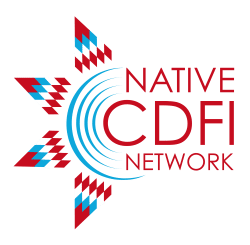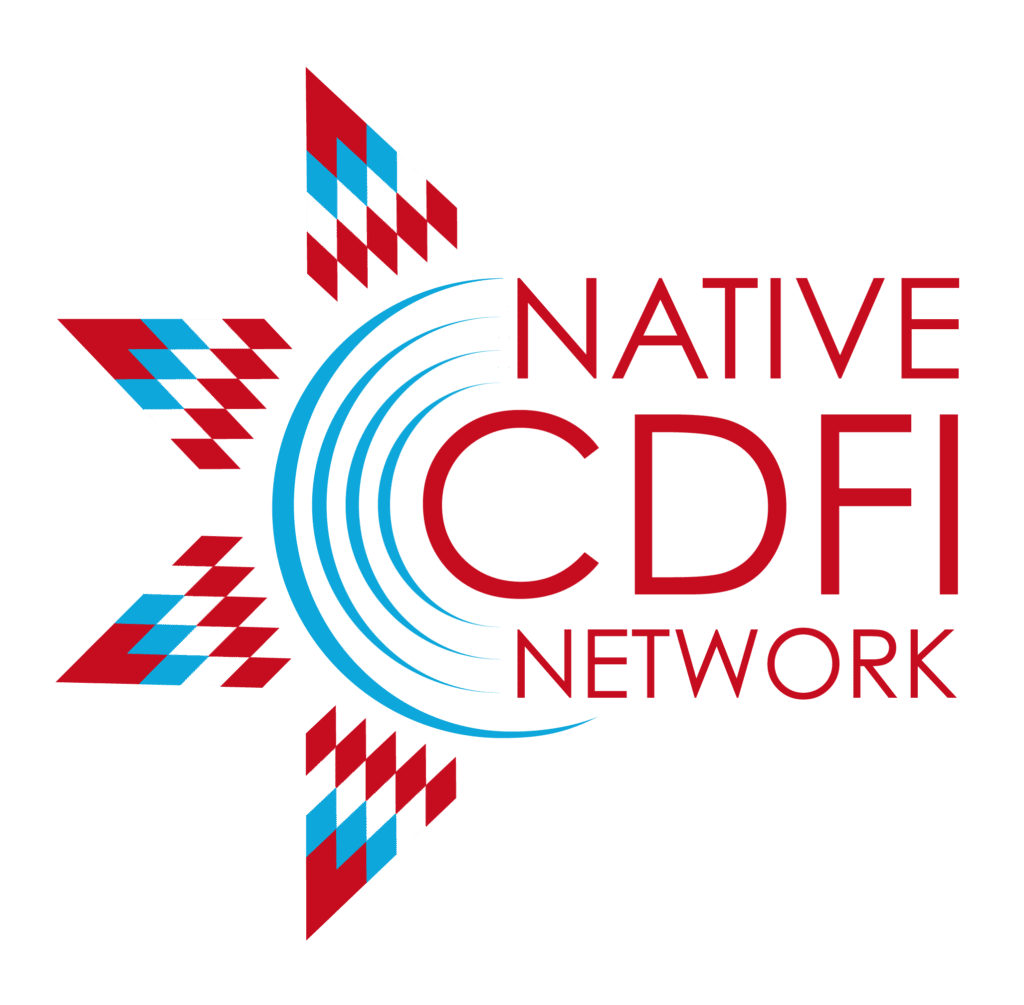Overview
To many people, the term “Policy & Advocacy” is abstract, often misunderstood, or holds negative connotations. Understanding what policy and advocacy is and who the players are is the first step to advancing your Native CDFI’s community impact.

Public Policy
Public Policy can generally be defined as the action (or inaction) taken by the government, including Tribal government, with regard to a particular issue. It is an attempt by the government to address a public issue by enacting laws, regulations, executive orders, judicial rulings, etc. that affect the public realm.
Advocacy
Advocacy, whether by an individual or a group, is an aim to influence public policy. It may be motivated from moral or ethical principles or simply to protect an asset of interest, and includes identifying, embracing, and promoting a cause. Advocacy can include many activities that a person or organization undertakes including media campaigns, public speaking, community organizing, commissioning and publishing research, and lobbying.
Lobbying
Lobbying is a form of advocacy. Lobbying is an attempt to influence public officials in support of, or in opposition to, legislative proposals. Lobbying includes communicating with legislators and their staff directly and encouraging others to contact their legislators. There are two types of lobbying—direct and grassroots.
Direct Lobbying is a communication (e.g., letter, email, phone, personal visit) with a legislator (federal, state, tribal, or local) or legislative staff member that refers to specific legislation and takes a position on that legislation. Specific legislation includes bills that are introduced as well as legislative proposals. Direct lobbying also includes communication with other government officials if the principal purpose of the communication is to influence legislation.
Grassroots Lobbying is a communication with the public that refers to specific legislation, reflects a view of that legislation, and contains a call to action, such as identifying legislators that are in support or opposition of the legislation or telling the recipient to contact a legislator for the principal purpose of influencing legislation.
Legislators & Government Entities
A legislator is someone who writes or passes laws and can be a member of a legislative body, part of a government entity. Legislators are usually elected into office and include: senators, congressmen and congresswomen, governors, members of the House of Representatives, Tribal leaders, Tribal council members, mayors, and city council members. Depending on your particular Native community there may be others that are not listed.
Nongovernmental Groups that Influence Public Policy
Shaping public policy is a multifaceted process that involves numerous groups. Sometimes these groups collaborate with each other to influence public policy. Groups that often influence legislative decisions are: the media, special interest groups, public policy research organizations, trade associations, labor unions, individuals and private sector business, state and local associations, political parties, and foreign governments.


